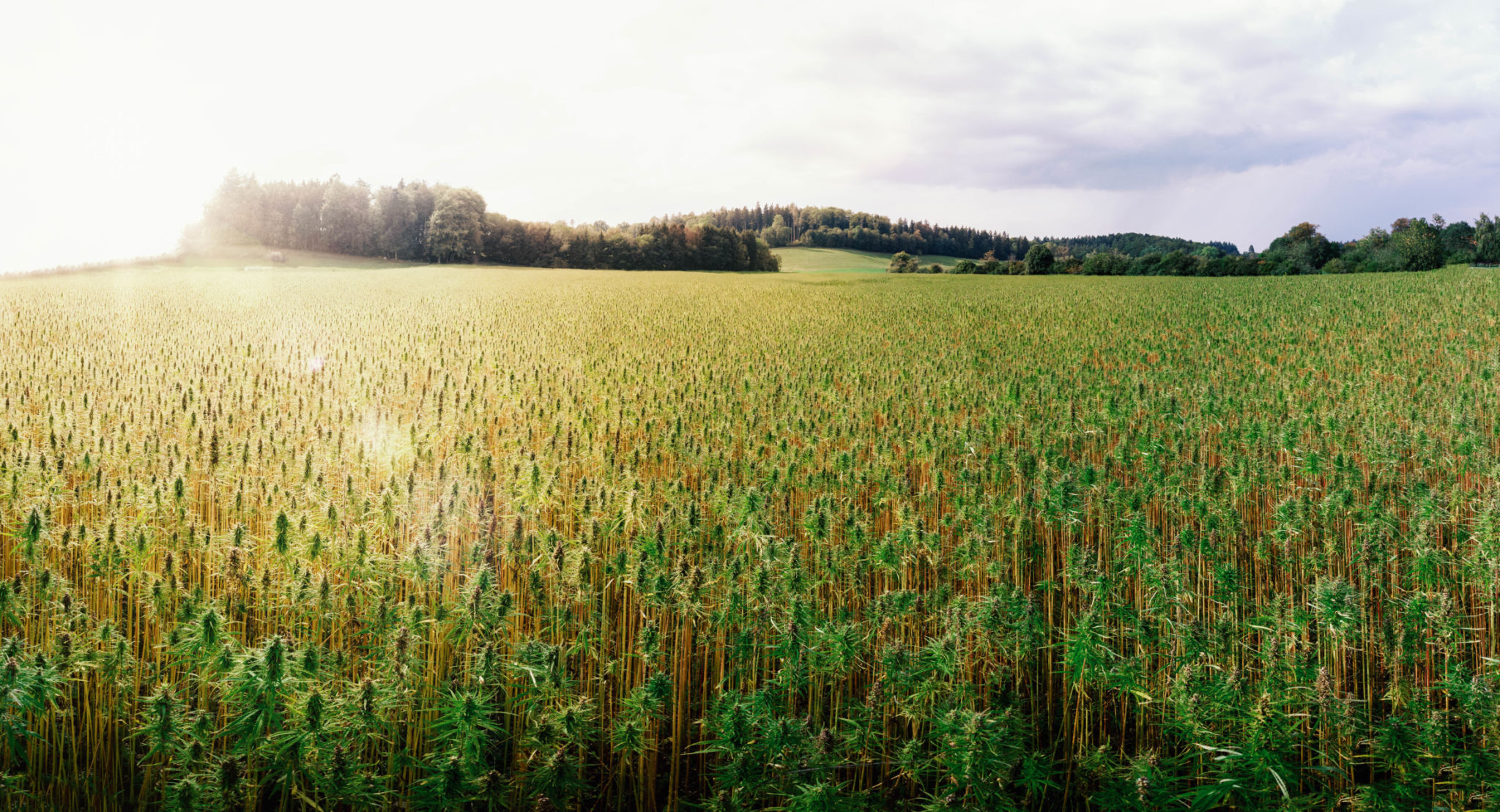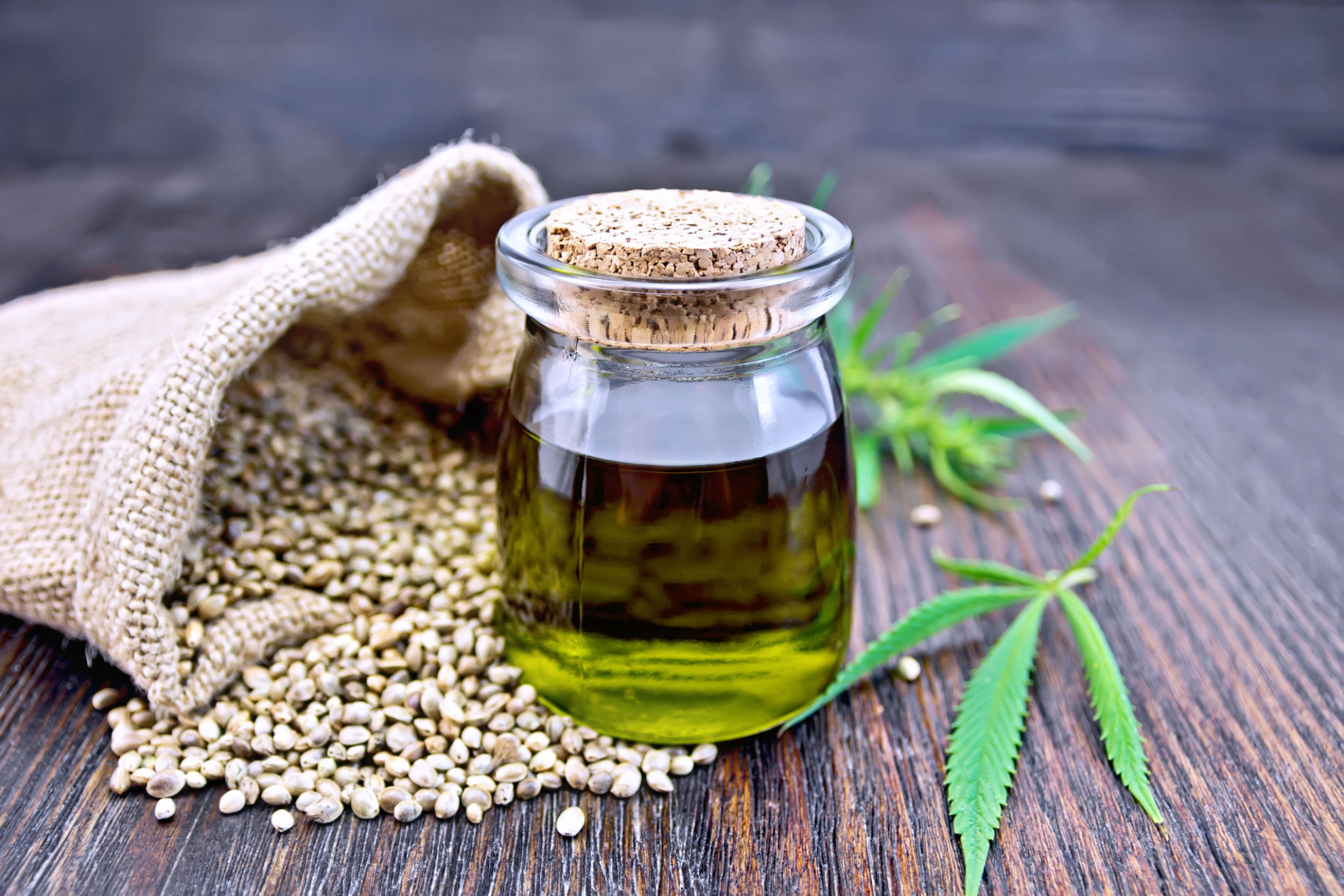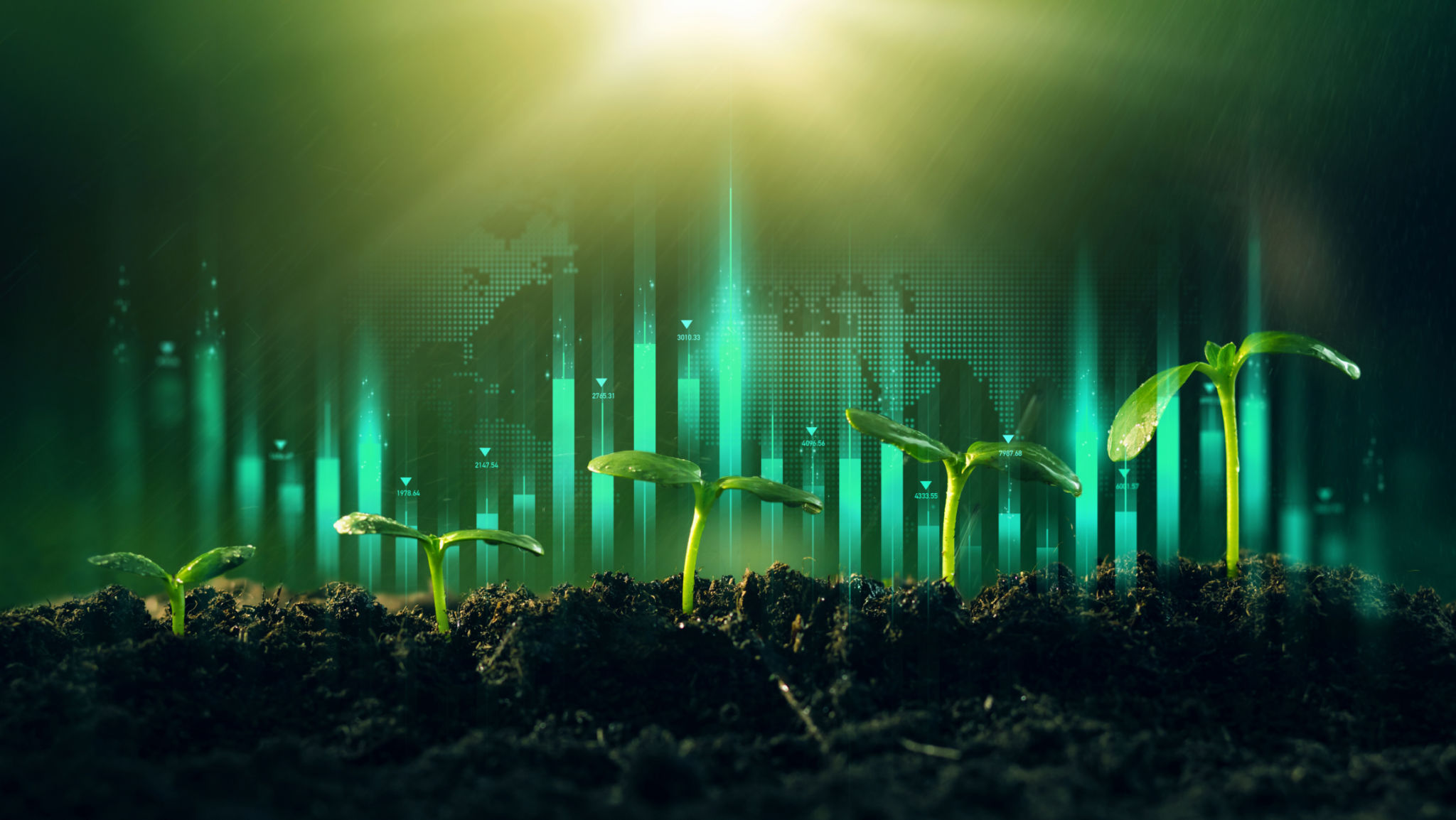Understanding Hemp Farming Regulations in Ireland
Overview of Hemp Farming Regulations in Ireland
In recent years, hemp has gained significant attention worldwide due to its versatility and potential economic benefits. In Ireland, understanding the regulatory framework for hemp farming is crucial for anyone interested in entering this burgeoning industry. Hemp cultivation is strictly regulated to ensure compliance with both national and EU laws.
The primary regulatory body for hemp farming in Ireland is the Department of Health, which oversees all aspects of licensing and compliance. Farmers must adhere to specific guidelines to legally grow hemp, distinguishing it from its psychoactive relative, cannabis. The regulations focus on ensuring that hemp crops contain less than 0.2% THC, the compound responsible for the psychoactive effects of cannabis.

Licensing Requirements for Hemp Farmers
Obtaining a license is the first step for any farmer wishing to cultivate hemp in Ireland. The application process requires detailed information about the intended cultivation area, including maps and GPS coordinates. Farmers must also provide a comprehensive plan outlining how they will manage and monitor THC levels to remain within legal limits.
Once the application is submitted, it undergoes rigorous assessment by the Department of Health. This process ensures that applicants meet all necessary requirements and understand their responsibilities under the current legislative framework. The license is typically granted for a specified period, with mandatory renewals requiring updated information and compliance evidence.

Cultivation Standards and Compliance
After obtaining a license, hemp farmers must adhere to strict cultivation standards. This includes selecting certified hemp seeds approved by the EU. These certified seeds are tested to ensure they produce plants with THC levels below the legal threshold. Additionally, farmers are required to keep detailed records of their cultivation practices, including seed purchase receipts and crop monitoring data.
Regular inspections are conducted by regulatory authorities to ensure ongoing compliance with legal standards. These inspections may include testing of hemp crops to verify THC levels. Non-compliance can result in severe penalties, including fines or revocation of the cultivation license.
The Economic Impact of Hemp Farming
Hemp farming offers numerous economic opportunities for Ireland, contributing to both local economies and the national agricultural sector. The crop's versatility allows for its use in various industries, including textiles, construction, and biofuels. This diversity helps reduce dependency on single markets and opens up new revenue streams for farmers.

Moreover, hemp farming is environmentally beneficial as it requires fewer pesticides and fertilizers compared to traditional crops. Its ability to thrive in diverse climates makes it an attractive option for sustainable agriculture practices. These factors contribute to a positive outlook on the future of hemp farming in Ireland.
Challenges Facing Hemp Farmers
Despite its potential benefits, hemp farming in Ireland faces several challenges. The regulatory process can be complex and time-consuming, requiring significant effort from applicants to navigate successfully. Additionally, market volatility and fluctuating demand for hemp products can impact profitability.
Farmers must also contend with public perception issues, as misunderstandings about hemp's relation to cannabis can lead to community resistance. Building awareness and educating the public on the distinctions between hemp and cannabis are essential steps towards broader acceptance and support for the industry.
The Future of Hemp Farming in Ireland
The future of hemp farming in Ireland appears promising, with increasing interest from both new and established farmers. Continued government support and clear regulatory guidance will be vital in facilitating industry growth. With ongoing research into new applications for hemp products, the potential for expansion remains significant.

As Ireland continues to embrace sustainable agricultural practices, hemp farming stands out as a viable option that aligns with environmental goals while offering economic benefits. By understanding and adhering to the regulatory framework, farmers can harness these opportunities and contribute positively to the agricultural landscape of Ireland.